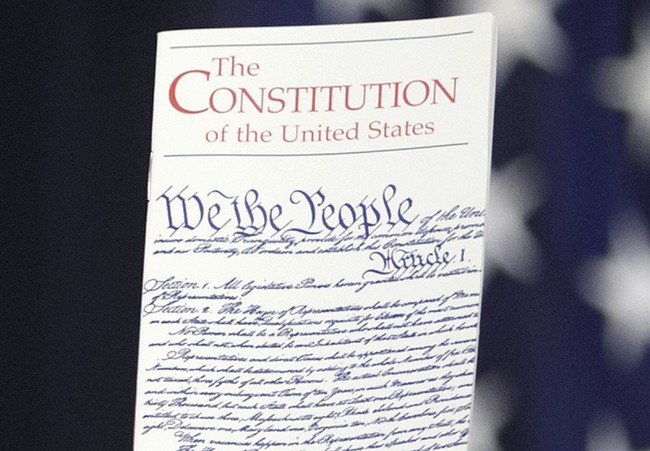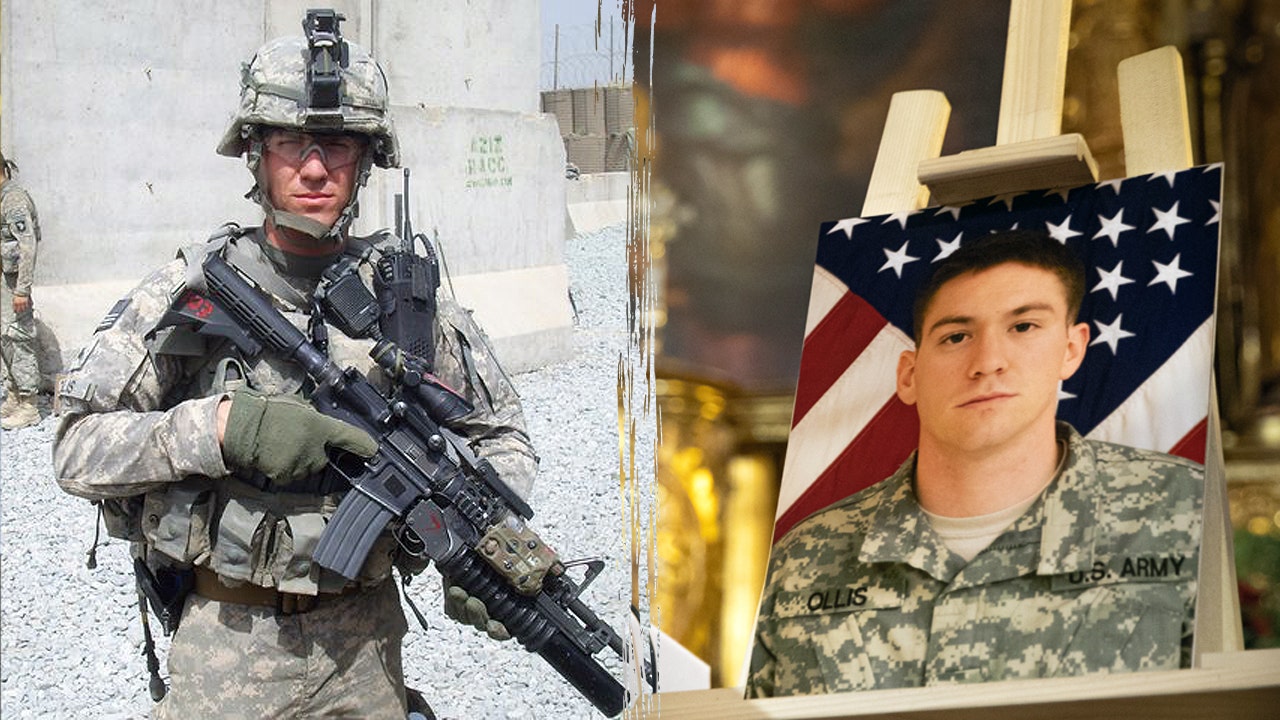Families gather for all sorts of reasons — Thanksgiving, Christmas, weddings, funerals. And sometimes that’s when the fireworks start. There’s an old joke that any family gathering where the cops aren’t called is a successful one. Beneath the laughter sits a truth most families know. When people with long memories sit at the same table, old hurts rise right alongside the cranberry sauce.
Sin fractured families long before politics did. It divides hearts, poisons conversations, and leaves scars that last for generations. Every family bears some of that damage, and nowhere does the fracture cut deeper than between fathers and children.
Every father fails in some way, and those failures bring deep sadness. Grief isn’t a sin. Derision and resentment are.
A caller once told me about his alcoholic father, who had been abusive for years. The caller was 52, yet when he talked about being around his father, his voice broke. “Every time I’m around him,” he said, “I feel like I’m 9 years old.” The man’s father had fallen and now needed care, but the wounds had not healed. His wife and children were watching, waiting to see what he would do. His father was still drinking, still choosing the same path.
I told him, “You’ve made sure your father has food and care, but you’re not required to be subservient. Your family counts on you. Your father continues to make destructive choices, and you can’t change that. Your family’s well-being cannot come at the expense of his demands. He may not make it — but you have to.”
That conversation stayed with me. It reminded me how hard it is to see a parent’s weakness and not respond in anger or disgust or fear. We want to fix it, mock it, punish it, or walk away. Yet scripture gives us a different picture of what honor can look like when a father’s failings are laid bare.
After the flood, Noah planted a vineyard, drank too much, and passed out naked in his tent. His son Ham saw him exposed and mocked his shame. His brothers, Shem and Japheth, took a blanket, walked backward, and covered him.
It wasn’t easy. I imagine Shem and Japheth groaning at the sight of their father — maybe with tears in their eyes. Some fathers decline; some abandon; but every father fails in some way, and those failures bring deep sadness. Grief isn’t a sin. Derision and resentment are.
What do we do when we see our fathers in their weakness? When bitterness stirs, when old wounds reopen, when the urge to expose feels justified? The man who once loomed large now looks small. He wielded power over a child but appears diminished, not just by age but by the perspective that comes with time. That truth can stir anger or sorrow — or offer release.
In the garden, when Adam and Eve sinned, they saw their own nakedness for the first time and tried to cover it with leaves. The first act of grace in scripture was God covering their shame with garments He made Himself. Blood was shed to make those coverings — a quiet foreshadowing of what grace would one day cost.
That moment wasn’t about modesty. It was mercy. God did for them what they could not do for themselves. He covered their shame. From that moment on, grace has always moved toward covering — not humiliating.
At the cross, the story reached its fulfillment. The Son of God allowed Himself to be stripped bare. He bore the nakedness that belonged to us. What began in Eden with God covering human shame ended on Calvary with Christ carrying it. We were clothed in mercy because the innocent one was exposed.
Jesus told another story about a father and his sons. One rebelled and returned in disgrace. The other stayed but grew proud and resentful. Both disrespected their father — one through sin, the other through scorn. Yet the father ran to meet the prodigal and later went out to plead with the older son. He carried the same heart as Shem and Japheth. He covered shame, and even resentment, with grace.
RELATED: What we lose when we rush past pain
O2O Creative via iStock/Getty Images
Caregiving brings old wounds to the surface fast, and the holidays push them even closer to the edge. Many caregivers know this. They spend their days covering weakness — with blankets, patience, or prayer. They honor parents who can’t return the favor, who may not even recognize them anymore. Sometimes they protect in spite of, not because of. Some fathers, like that caller’s, won’t change. But we can.
At some holiday tables, people say, “Please pass the turkey,” when what they really want to say is, “Why can’t you?” or “Why didn’t you?” Those moments expose the gap between what we feel and what we’re called to.
Some fathers failed in ways that make reconciliation impossible. Honoring them does not mean returning to harm, pretending nothing happened, or carrying the weight of their failures. Their shame is not ours to bear. But we’re also not given permission to parade it.
So we honor the office, tell the truth, and set safe boundaries. We refuse to be shaped by their sin and trust God to deal with what belongs to Him. And because grace covers us, we can choose dignity over bitterness — even when fathers fall.
Read the full article here











![This DHS Montage Proves America First Is Winning [WATCH] This DHS Montage Proves America First Is Winning [WATCH]](https://www.lifezette.com/wp-content/uploads/2025/07/2025.07.18-09.42-lifezette-687a1721b8339.jpg)
